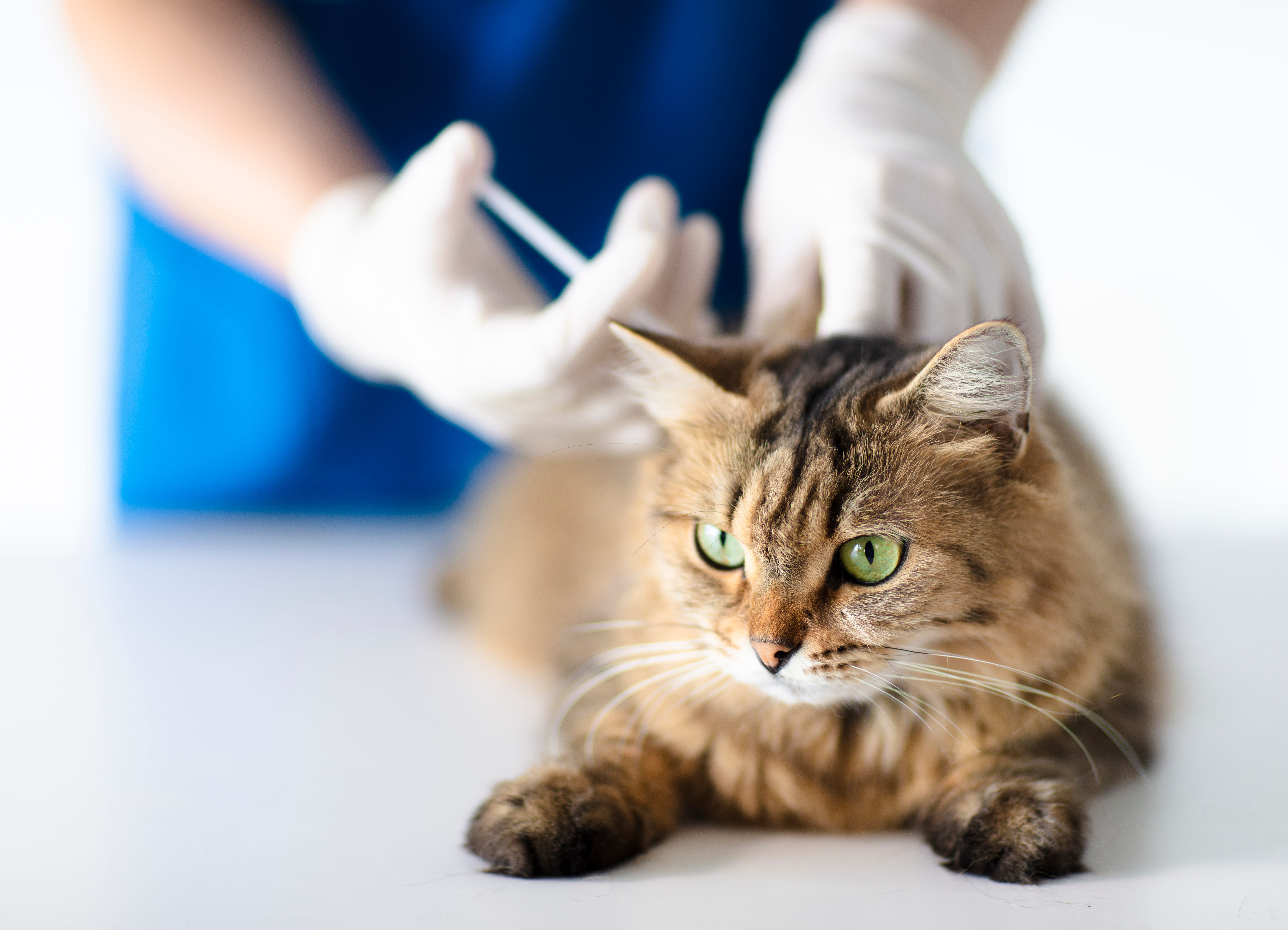Fluconazole Cat Medicine
Related Searches
Frequently Asked Questions
Fluconazole is an antifungal medication used for the treatment of serious fungal infections.
Fluconazole is for dogs and cats.
-
Treats serious fungal infections, especially of the central nervous system
-
May also be used to treat some yeast infections and ringworm
-
Veterinarians use it in multiple species
Fluconazole is an antifungal medication that works by altering the membrane around the fungus, killing the fungus without harming the pet's cells.
This medication is a generic.
Fluconazole is given orally. Always follow the dosage instructions provided by your veterinarian. If you have difficulty giving the medication, contact your veterinarian.
Fungal infections are very difficult to treat, so the treatment may take weeks to months to completely eliminate the infection. It may take several weeks to even see an improvement.
This medication comes in tablet form.
Diflucan®
Talk to your veterinarian about what tests and exams may be necessary while your pet is taking Fluconazole. Also discuss how long the treatment period will be and what type of outcome is expected. You and your veterinarian should talk about any other treatment options that are recommended for your pet. Fluconazole is relatively expensive, so be sure to understand the total expected cost of treatment prior to starting treatment.
Tell your veterinarian if your pet has liver or kidney disease, may be pregnant, is nursing, or if you intend to breed your pet.
Notify your veterinarian of any other medications or supplements your pet is taking, and also if your pet has had any reactions to previous medications.
If you miss a dose, give it as soon as you remember. If it is almost time for the next dose, skip the one you missed and go back to the regular schedule. Do not give two doses at once.
Fungal infections are very difficult to treat, so the treatment may take weeks to months to completely eliminate the infection. It is extremely important to follow the dosage instructions from your veterinarian.
Not for use in animals hypersensitive (allergic) to it or to similar products. Not recommended for use in pregnant animals or those with liver disease unless the benefits outweigh the risks. Use with caution in animals with kidney failure and those female animals nursing their young.
Side effects may include loss of appetite. Other possible but rare side effects include vomiting, liver toxicity (jaundice - yellowing of the gums, skin, or eyes), depression, tiredness, anemia (pale gums and mucous membranes), or a skin rash. Consult your veterinarian immediately if you see any of these signs.
If your pet experiences an allergic reaction to the medication, signs may include facial swelling, hives, scratching, sudden onset of diarrhea, vomiting, shock, seizures, pale gums, cold limbs, or coma. If you observe any of these signs, contact your veterinarian immediately.
Store in a tight, light-resistant, childproof container. Keep out of reach of children and pets. Discard after the expiration date listed on the container.
Should an overdose occur, you may see signs similar to those under side effects. If you know or suspect your pet has had an overdose, or if you observe any unusual signs, symptoms, or behaviors in your pet, contact your veterinarian immediately.
Notify your veterinarian of any other medications, including vitamins and supplements, your pet is taking while your pet is receiving Fluconazole. Consult your veterinarian before using fluconazole with, warfarin or other anticoagulants (blood thinners), amphotericin B and rifampin, phenytoin and cyclosporine, NSAIDS (e.g., aspirin, carprofen (Rimadyl, Novox),deracoxib (Deramaxx), tepoxalin (Zubrin), firocoxib (Previcox), etodolac (Etogesic)and meloxicam (Metacam) or steroids (e.g., prednisone, dexamethasone), since interactions may occur.










